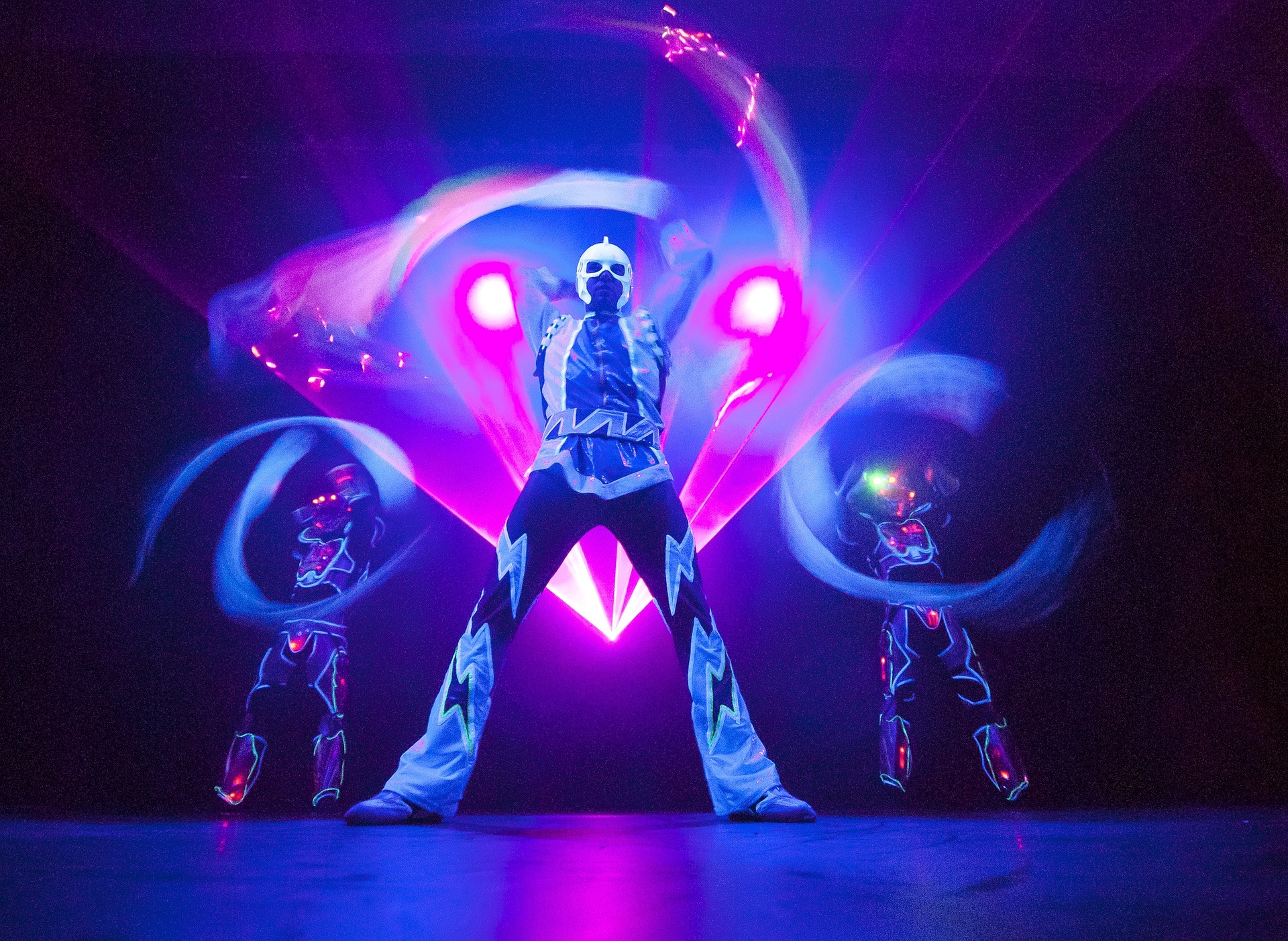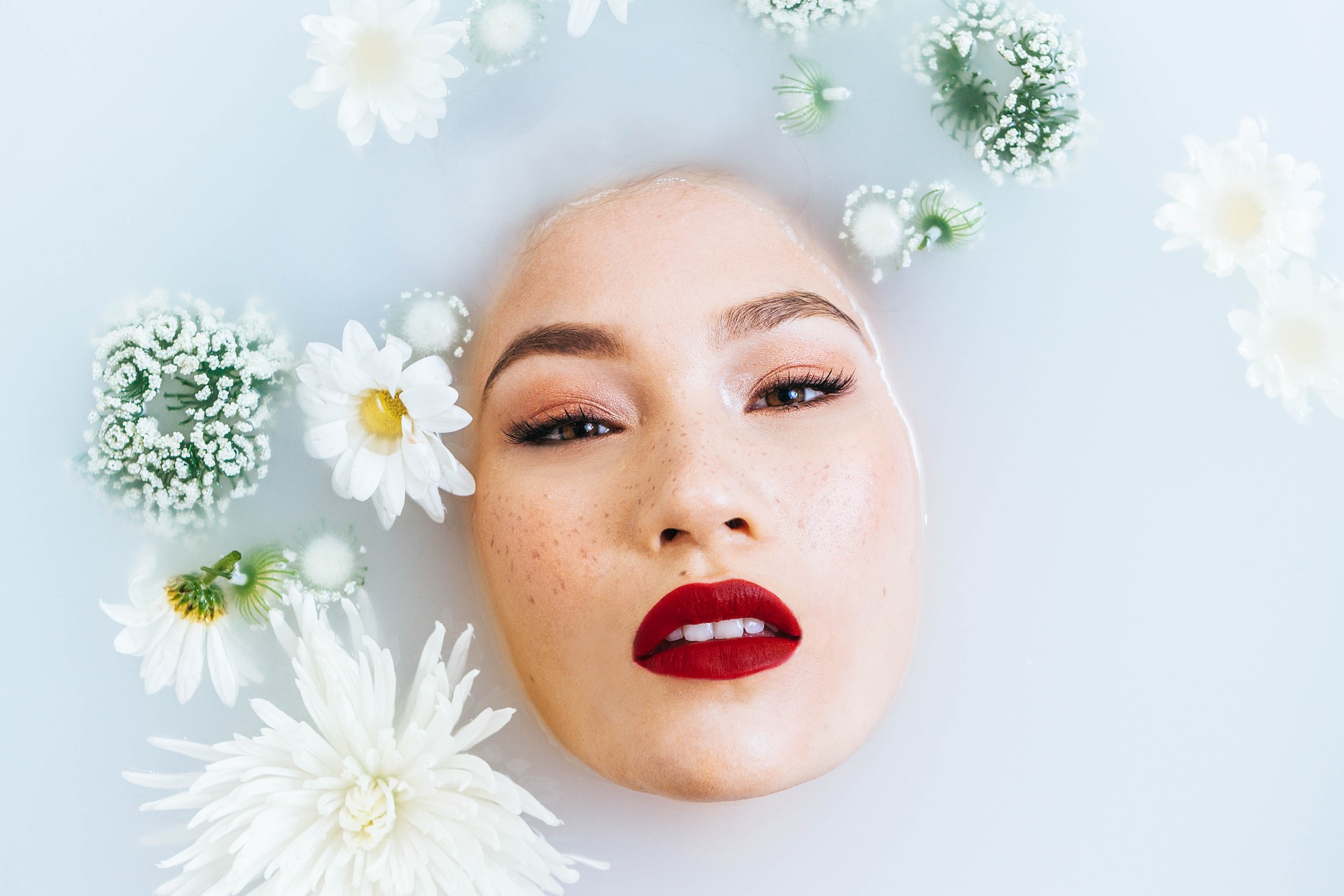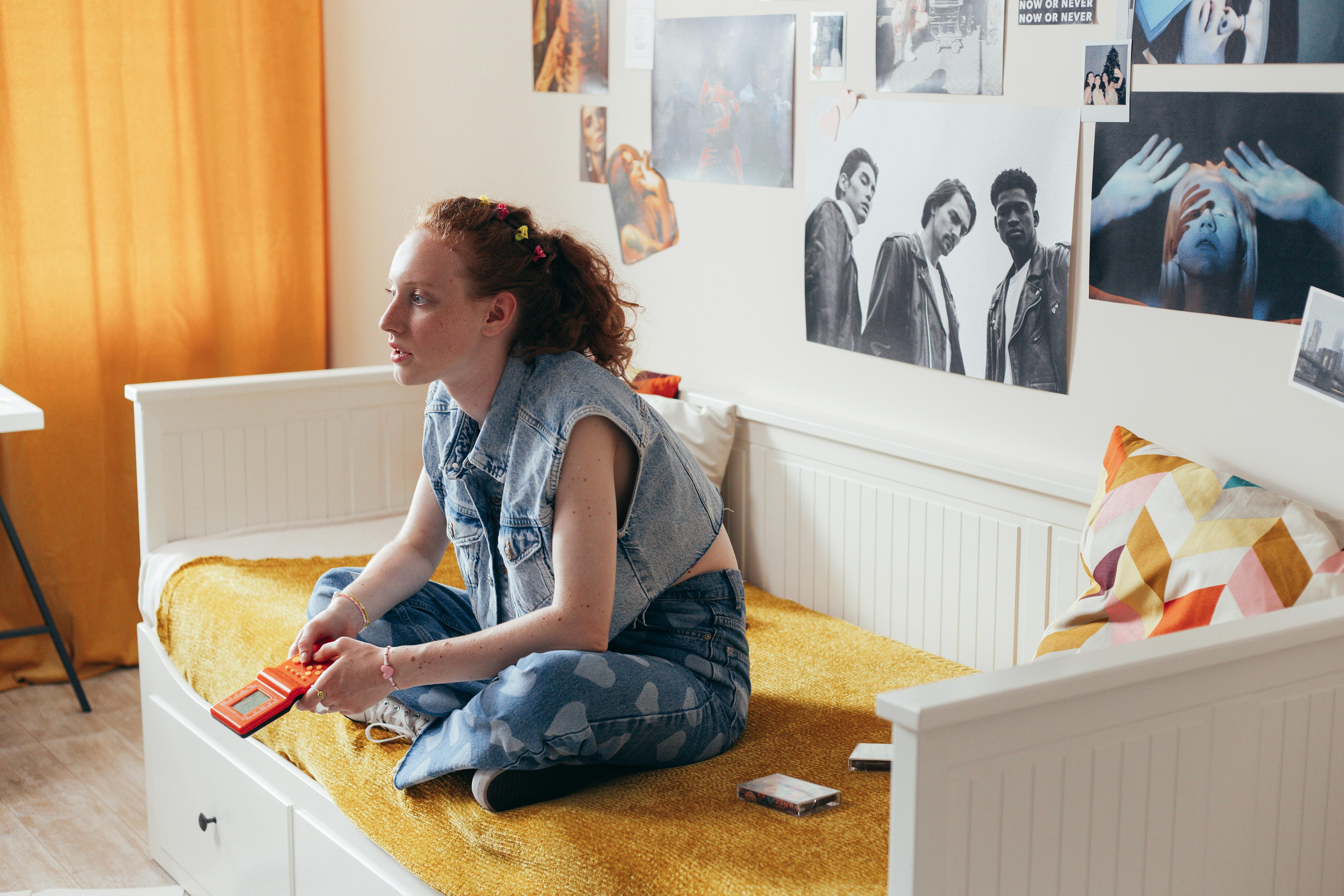Redefining Celebrity: AI-Generated Personas in Pop Culture
In a world increasingly shaped by artificial intelligence, the entertainment industry is witnessing a phenomenon that blurs the boundaries between reality and invention: AI-generated celebrities. These digital personas are captivating millions, redefining our notions of fame, artistry, and authenticity. As they gain ground, their impact on pop culture, creative industries, and the very idea of stardom demands a closer look.

The pixel-perfect faces and personalities of AI-generated celebrities are taking over social media feeds, music charts, and even fashion runways. This new breed of star challenges everything we know about fame and creativity. How did we get here, and what does it mean for the future of entertainment?
Early Experiments: The Origins of Digital Personas
Long before AI-driven celebrities amassed followers by the millions, digital personas were already making their mark in entertainment. In the late 1990s and early 2000s, virtual pop icons like Japan’s Hatsune Miku and Britain’s Gorillaz offered early glimpses into a world where the star on stage might not be a living, breathing human. These acts used animation, CGI, and voice synthesis, but their stories were carefully curated by teams of artists and musicians operating from behind the scenes.
What set these early digital celebrities apart was their undeniable artistry and the human touch behind their technology. Hatsune Miku, for example, became a global sensation as a synthetic voice and holographic performer, headlining concerts and collaborating with real-world musicians. The Gorillaz, meanwhile, occupied a liminal space between animated fiction and real-world music charts, pushing the boundaries of what audiences would accept as genuine artistry.
The AI Leap: From CGI to Autonomous Influencers
In the last five years, advances in artificial intelligence and machine learning have supercharged the rise of digital personas. AI-generated models like Lil Miquela, Shudu, and Imma have amassed millions of followers on Instagram and TikTok, collaborating with fashion houses, appearing in advertising campaigns, and even releasing music. Unlike their predecessors, these celebrities are driven by sophisticated algorithms capable of generating lifelike images, engaging in natural language conversation, and adapting their personalities in real time.
The shift from CGI to AI marks a profound change. These new celebrities are not merely digital puppets controlled by human hands; they are semi-autonomous entities, capable of producing content, interacting with fans, and even learning from their audiences. Behind the scenes, teams of artists, data scientists, and marketers collaborate to craft their narratives, but the AI itself is increasingly responsible for the day-to-day persona management. This innovation has led to a new kind of stardom—one rooted as much in software as in spectacle.
Cultural Impact: Authenticity in the Age of Algorithms
The meteoric rise of AI celebrities has sparked heated debates about authenticity, creativity, and the value of human connection in entertainment. Critics argue that AI-generated personas risk diluting the meaning of fame, replacing genuine artistry with algorithmic mimicry. Yet, for many young fans, these digital stars are as real and relatable as any human influencer.
Social media giants and fashion brands are embracing AI celebrities as the ultimate blank canvases—always on-message, scandal-free, and endlessly adaptable. The result is a new model of celebrity that caters to ever-changing tastes without the unpredictability of human stars. This trend has inspired both fascination and unease: can a computer-generated entity ever be truly authentic, or is it simply a product designed to maximize engagement and profit?
At the same time, the creative potential of AI is undeniable. Musicians, visual artists, and filmmakers are experimenting with AI-driven collaborators, creating works that would have been impossible just a decade ago. AI-generated music, scripts, and visual art are becoming mainstream, driving a wave of innovation that blurs the line between creator and creation.
Industry Response: Navigating Legal and Ethical Challenges
As AI celebrities gain prominence, the legal and ethical frameworks that govern entertainment are struggling to keep pace. Who owns the rights to an AI-generated persona—the programmers, the company, or the AI itself? What happens when an AI celebrity is involved in a controversy, or accused of cultural insensitivity? These questions are no longer theoretical: in 2023, a major cosmetics brand faced backlash when its AI model was found to have unintentionally perpetuated stereotypes, prompting calls for greater transparency and accountability.
Regulators, meanwhile, are beginning to take notice. The European Union and several US states are exploring new guidelines for AI-generated content, with a focus on disclosure, intellectual property, and consumer protection. Hollywood agencies and record labels are also experimenting with AI talent, but remain cautious, wary of potential legal pitfalls and public backlash.
At the heart of these debates is a broader question: can AI-generated celebrities coexist with human stars, or will they eventually outcompete their flesh-and-blood counterparts? Some industry veterans argue that AI will never replicate the spontaneity and vulnerability that makes human performers so compelling. Others see AI as a powerful tool for creativity, collaboration, and global reach.
The Next Wave: AI Celebrities and the Future of Fame
Looking ahead, the rise of AI-generated celebrities is likely to accelerate, fueled by rapid advances in generative AI and increasing demand for personalized entertainment. Startups are developing next-generation AI influencers capable of real-time video interaction, adaptive storytelling, and even virtual reality performances. Already, virtual concerts featuring AI pop stars are drawing crowds in the millions, with fans eager to experience the novelty and spectacle of digital stardom.
Yet, as the novelty wears off, the entertainment industry will face profound questions about the nature of fame, creativity, and connection in a world where the boundary between human and machine is increasingly porous. Will audiences continue to embrace AI celebrities, or will they yearn for the flaws and unpredictability that only human performers can provide? As artists, fans, and industry leaders grapple with these challenges, one thing is certain: the meaning of celebrity is being rewritten before our eyes.
Artistry, Authenticity, and the Age of Digital Fame
AI-generated celebrities are more than a technological curiosity—they represent a seismic shift in the way we create, consume, and connect with art and entertainment. Their rise reflects both the immense possibilities and the complex ethical dilemmas of a world shaped by algorithms. As the line between human and artificial artistry continues to blur, the entertainment industry must confront tough questions about authenticity, creativity, and the future of fame itself. In this brave new world, one thing is clear: the stars of tomorrow might not be born—they could be built.




